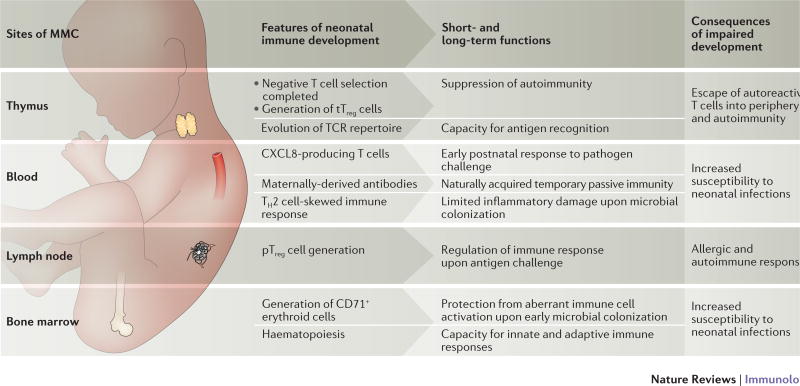Fig. 3. Potential pathways by which maternal microchimeric cells seeded in fetal tissues may influence immune system development in offspring.
Several primary and secondary lymphoid tissues (thymus, blood, lymph node and bone marrow) are seeded by genetically foreign maternal microchimeric cells during gestation59,62. This seeding coincides with important milestones in the development of fetal and neonatal haematopoietic cells including the development of central tolerance, and differentiation of regulatory T (Treg) cells in the thymus (tTreg cells) and periphery (pTreg cells)41,126,127. Evolutionary adaptations including the emergence of immunosuppressive CD71+ erythroid cells and diminished responsiveness of neonatal immune cells favour the development of immune tolerance in early postnatal development to avert pathological inflammation driven by commensal microbial colonization. Given the near ubiquitous presence of maternal cells in these developing fetal tissues, and the profound short and long-term implications of impaired or delayed fetal–neonatal immune ontogeny, important areas for future investigation include how maternal microchimeric cells may affect functional hematopoiesis in offspring.

